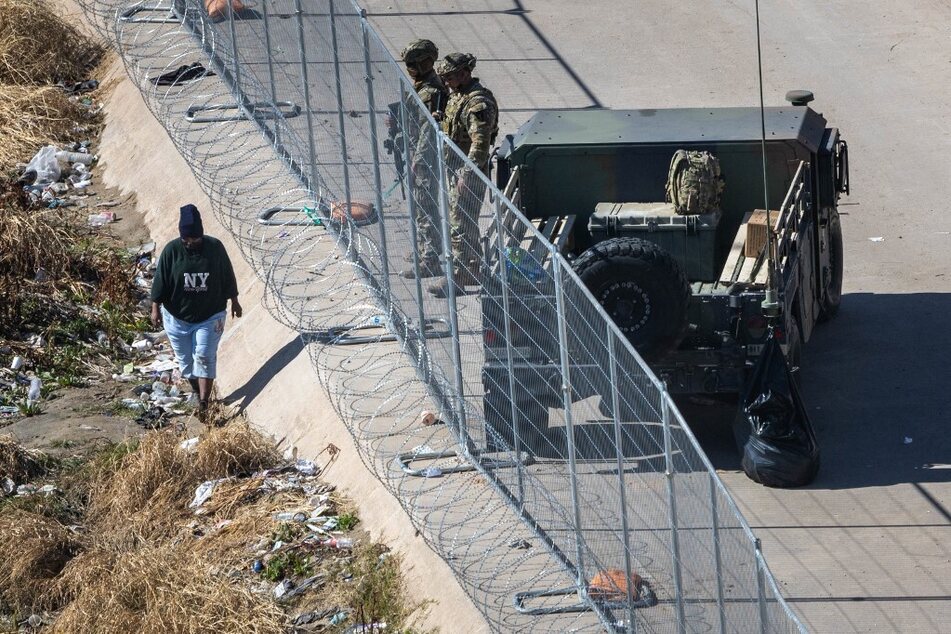Immigrants' rights groups threaten to challenge Biden's "inhumane" asylum ban
Washington DC - President Joe Biden and his administration are coming under fire from immigrants' rights groups over a new asylum policy designed to keep out migrants from Central America.

The administration's new proposed policy, which is expected to roll out in the coming weeks, would bar migrants at the US-Mexico border from receiving asylum in the US if they do not first claim asylum in a country they passed through.
This effectively bans many migrants and refugees from Central American countries from seeking asylum at the Southern border, as they would first need to pass through Mexico to get there.
Immigrants rights' activists have slammed the administration, arguing that the proposed policy is very similar to a Trump-era transit ban put forward by the ex-president's former advisor Stephen Miller that was eventually struck down in the courts.
Homeland Security Secretary Alejandro Mayorkas in late January denied to MSNBC that Biden's policy has anything to do with his predecessor's: "This is not a Trump era-policy," he said. "This is not a transit ban. We have provided a lawful path for individuals to try to seek entry."
Mayorkas was referring to measures announced on January 5 that would allow around 30,000 people per month from Cuba, Haiti, Nicaragua, and Venezuela to migrate to the US if they have a US-based sponsor. Especially vulnerable nationals of any country would also be able to apply for an exception to Title 42, a Trump-era "public health order" still in effect that prevents many people from applying for asylum at the border, ostensibly to stop the spread of Covid-19.
However, DHS officials have admitted to NBC that the new rule would not expand on those legal pathways and would block many Central Americans at the Southern border from claiming asylum in the US.
Immigrants' rights groups condemn the proposed asylum ban

Activists and advocates have been quick to condemn the Biden administration's plan for infringing on Central Americans' basic human rights, saying they will take legal action if the rule is implemented.
"If the proposed asylum ban rule does what we expect it to do – unlawfully deprive access to asylum based on manner of entry and/or transit route," the National Immigrant Justice Center's director of litigation, Keren Zwick, told NBC, "it would be invalid like the similar Trump administration rules that were found unlawful by federal courts."
Eleanor Acer, refugee protection director at Human Rights First, tweeted, "A policy that denies asylum to eligible refugees and blocks many from even applying for asylum advances this Trump agenda. POTUS should abandon this misguided and inhumane plan."
The Biden administration has already faced criticism for hesitating to extend Temporary Protected Status and failing to provide a pathway to permanent residency for nationals of Central American countries already residing in the US.
Activists have argued that the US government owes a "moral debt" to Central American people given the US' history of intervention in the region.
Cover photo: JIM WATSON / AFP

